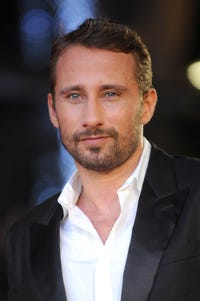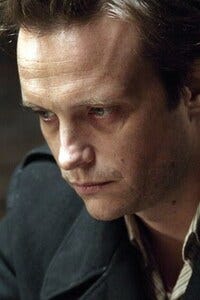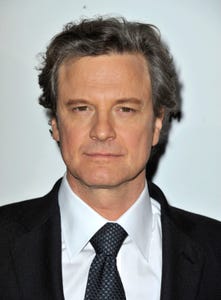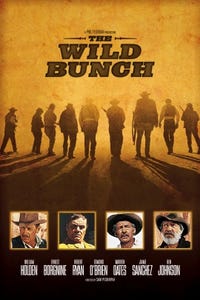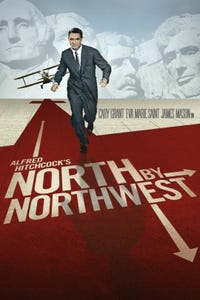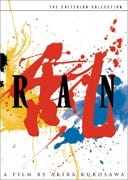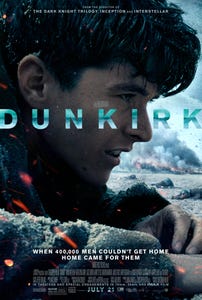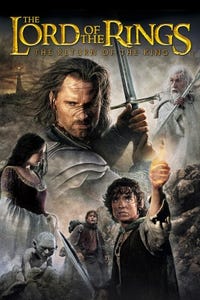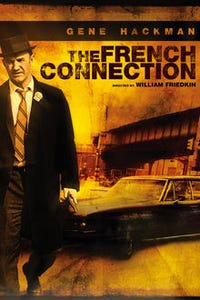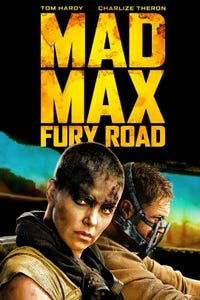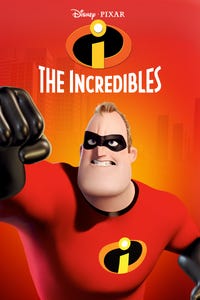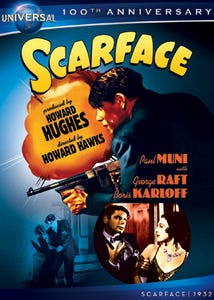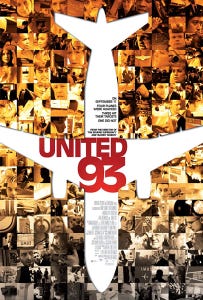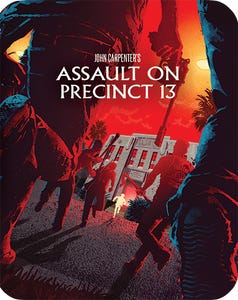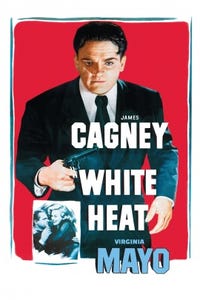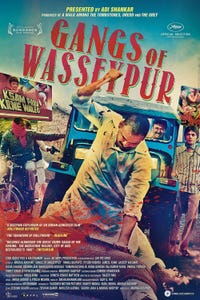- 2019
- PG-13
- Saban Films
- 1 h 57 m
- 2019
- PG-13
- Saban Films
- 1 h 57 m
Summary The K-1412 KURSK, a Russian flagship nuclear powered submarine, sank to the bottom of the Barents Sea in August 2000. As 23 sailors fought for survival aboard the disabled sub, their families desperately battled bureaucratic obstacles and impossible odds to find answer and save them.
Directed By: Thomas Vinterberg
Written By: Robert Rodat, Robert Moore
- 2019
- PG-13
- Saban Films
- 1 h 57 m
- 2019
- PG-13
- Saban Films
- 1 h 57 m
The Command
Where to Watch
Summary The K-1412 KURSK, a Russian flagship nuclear powered submarine, sank to the bottom of the Barents Sea in August 2000. As 23 sailors fought for survival aboard the disabled sub, their families desperately battled bureaucratic obstacles and impossible odds to find answer and save them.
Directed By: Thomas Vinterberg
Written By: Robert Rodat, Robert Moore
Where to Watch
Top Cast
3 Reviews
9 Reviews
0 Reviews
3 Reviews
9 Reviews
0 Reviews
2 Ratings
9 Ratings
3 Ratings
2 Ratings
9 Ratings
3 Ratings
